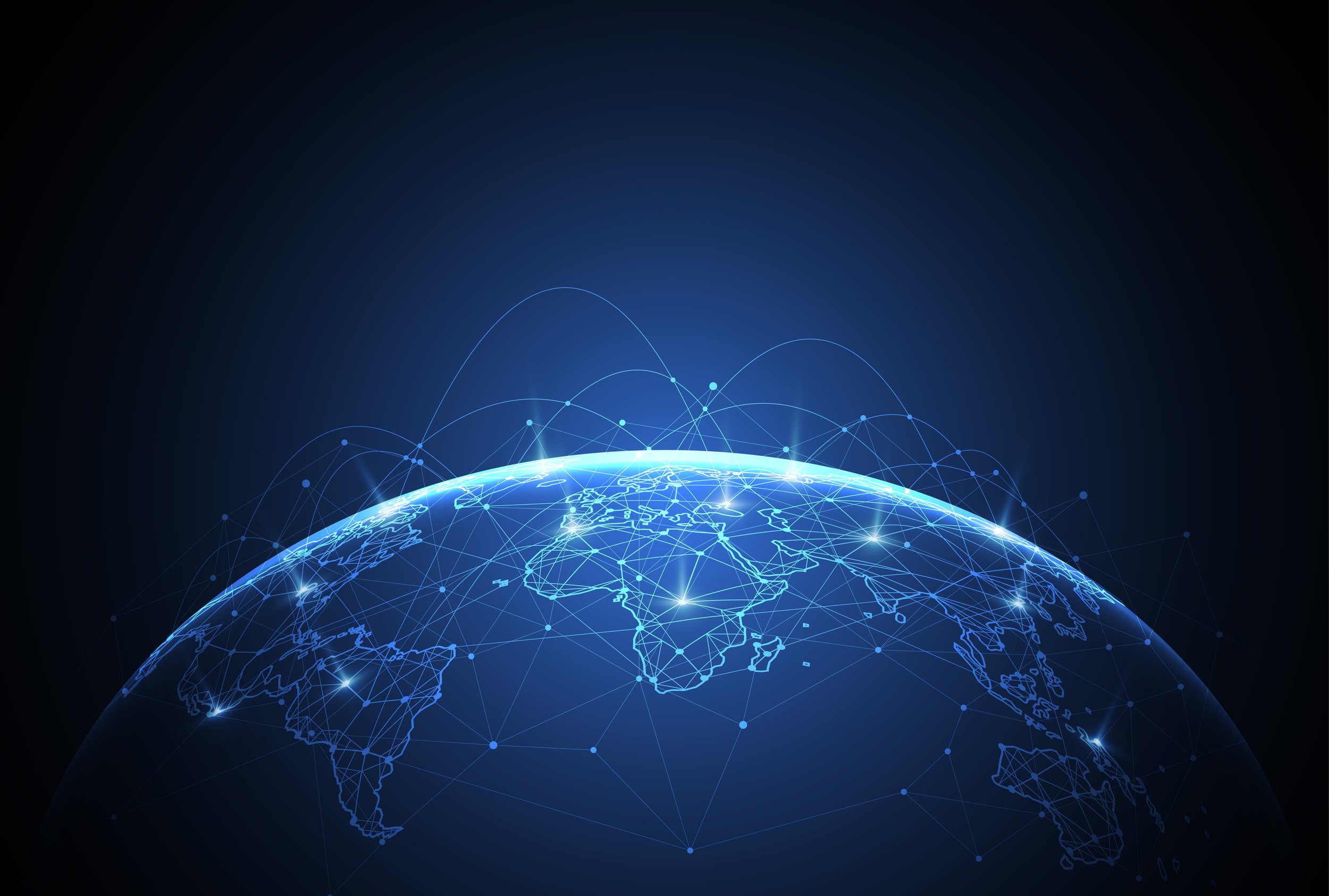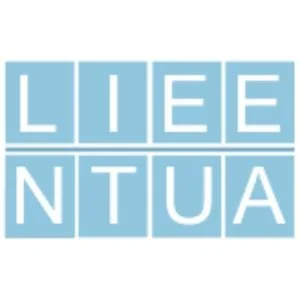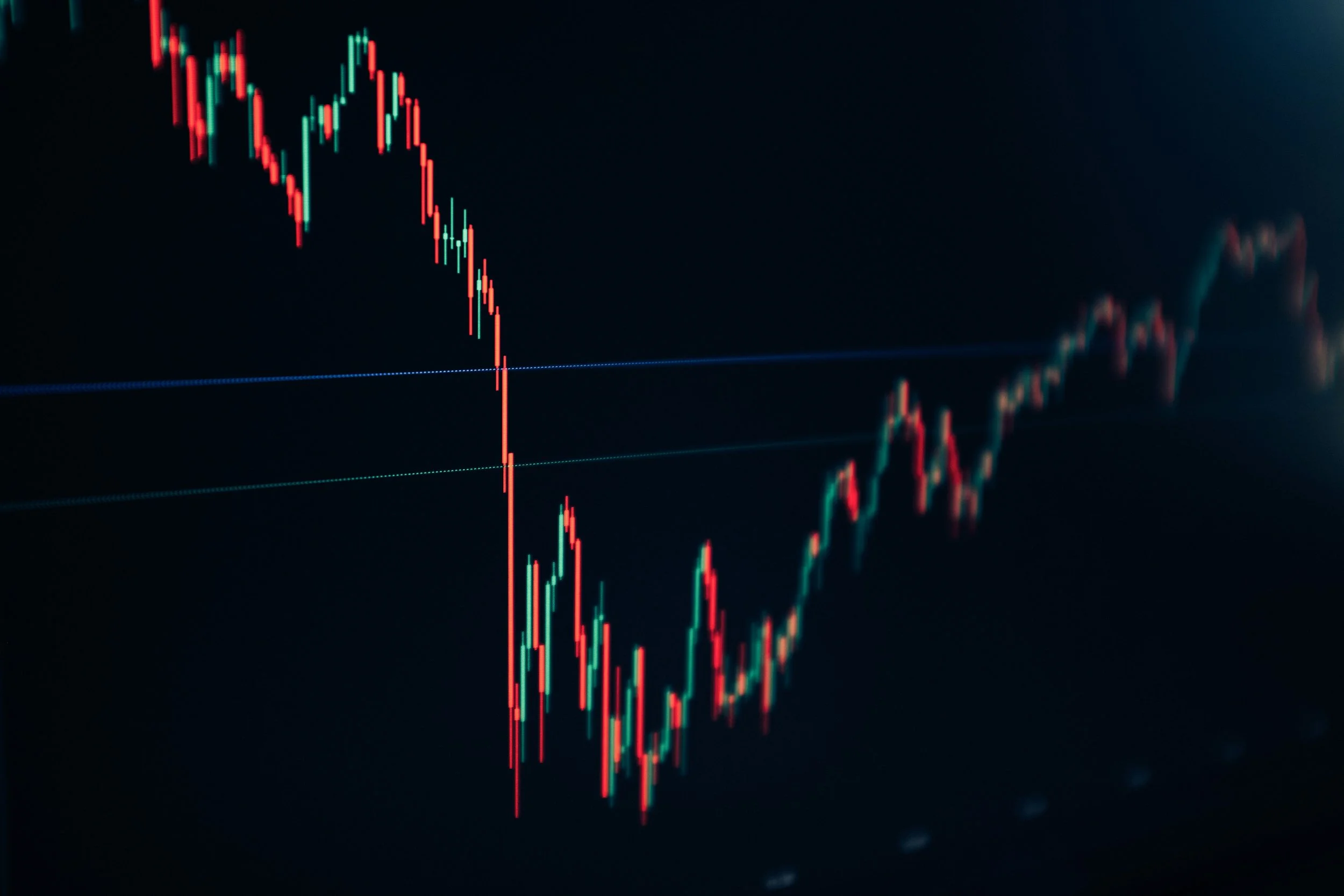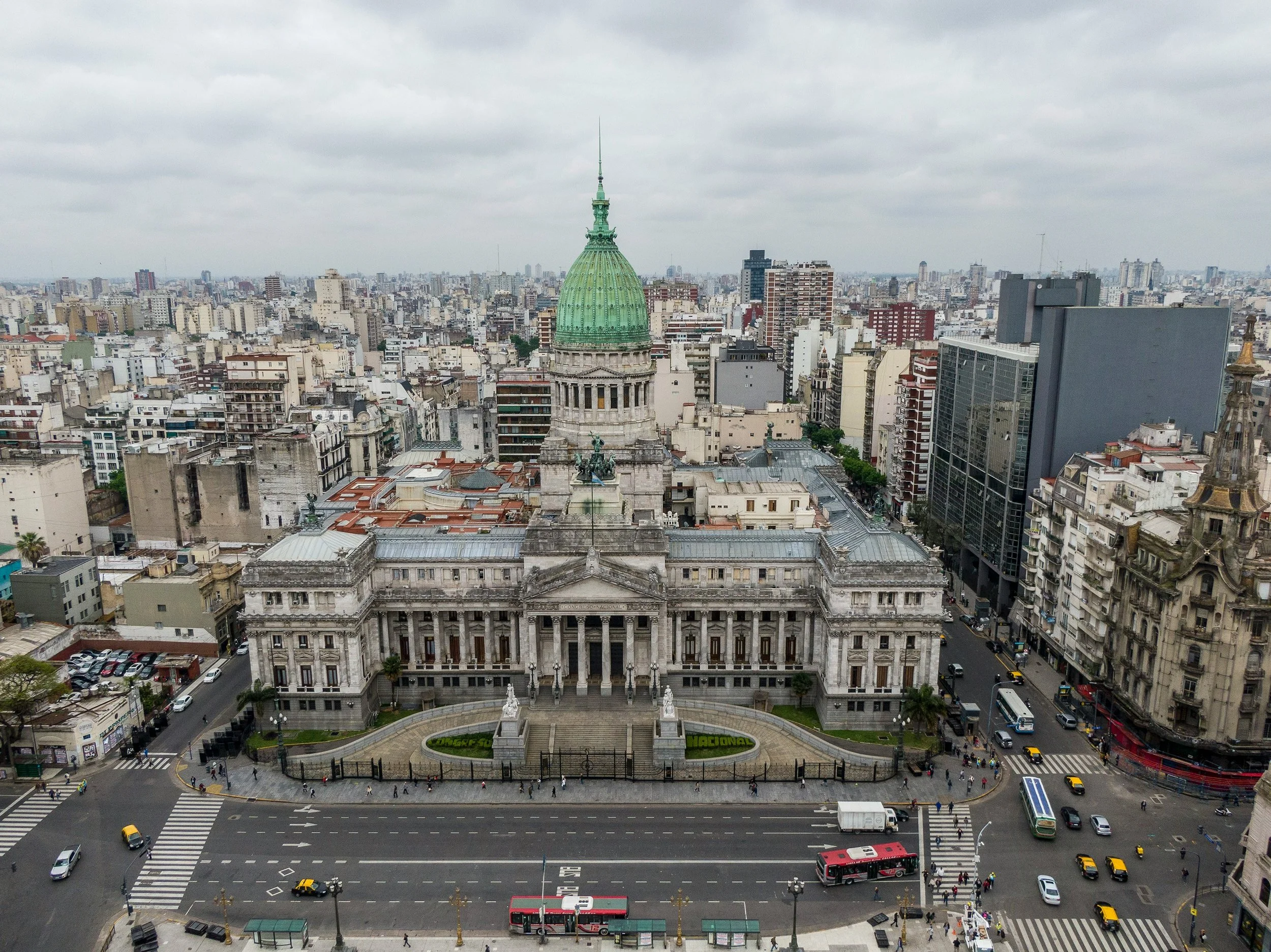
Supporting Trade
Liberalization, Innovation
and Integration
The Global Trade and Innovation Policy Alliance (GTIPA) is a global network of think tanks that collaborate to develop and disseminate policy solutions that support greater trade liberalization and integration.
GTIPA members share a conviction that globalization can generate lasting prosperity if countries play by the rules and foster across-the-board, innovation-based growth strategies. GTIPA members share principles that include opposing trade-distorting “innovation mercantilism,” but affirm that governments have important proactive roles to play in spurring greater innovation and productivity in their economies.
-
![]()
Austrian Economics Center
Austria
-
![]()
ARC Fund
Bulgaria
-
![]()
The Bay Area Council Economic Institute
United States
-
![]()
+Liberdade institute
Portugal
-
![]()
Bertelsmann Foundation North America
United States
-
![]()
CAPRI Foundation
Taiwan
-
![]()
C.D. Howe Institute
Canada
-
![]()
Center for Global Enterprise
United States
-
![]()
Center for Research and Policy Making
Macedonia, The Former Yugoslav Republic of
-
![]()
Center for Social and Economic Research
Poland
-
![]()
Centro Mackenzie de Liberdade Econômica
Brazil
-
![]()
CITEC
Ecuador
-
![]()
The Chung-Hua Institution for Economic Research
Taiwan
-
![]()
Competere
Italy
-
![]()
The Foundation for Economic & Industrial Research (IOBE)
Greece
-
![]()
The Free Market Foundation
South Africa
-
![]()
Fundación Eléutera
Honduras
-
![]()
Fundación Idea
Mexico
-
![]()
Fundación Internacional Bases
Argentina
-
![]()
Geneva Network
United Kingdom
-
![]()
German Economic Institute
Germany
-
![]()
Green-X
Vietnam
-
![]()
The Hayek Institute
Austria
-
![]()
Hinrich Foundation
Singapore
-
![]()
I-Com
Italy
-
![]()
ICRIER
India
-
![]()
IDEAS Labs
Costa Rica
-
![]()
IMANI Center for Policy & Education
Ghana
-
![]()
Information Technology and Innovation Foundation
United States
-
![]()
INNOS
Colombia
-
![]()
Innovation Council
Switzerland
-
![]()
Innovative Economy Forum
Korea
-
![]()
Institut Sapiens
France
-
![]()
Institute for Competitiveness
India
-
![]()
Institute for Democracy and Economic Affairs
Malaysia
-
![]()
The Institute for Policy, Advocacy, and Governance (Asia Pacific)
Australia
-
![]()
The Institute for Policy, Advocacy, and Governance (Bangladesh)
Bangladesh
-
![]()
Insituto OMG
Dominican Republic
-
![]()
Islamabad Policy Research Institute
Pakistan
-
![]()
Jordan Strategy Forum
Jordan
-
![]()
The Korea Institute for Industrial Economics and Trade
Korea
-
![]()
The Laboratory of Industrial and Energy Economics (LIEE)
Greece
-
![]()
The Legatum Institute
United Kingdom
-
![]()
Libertad y Desarrollo
Chile
-
![]()
Libertad y Progreso
Argentina
-
![]()
The Macdonald-Laurier Institute
Canada
-
![]()
Macroconsult
Peru
-
![]()
Mathias Corvinus Collegium – Centre for Next Technological Futures
Hungary
-
![]()
Nomura Research Institute
Japan
-
![]()
Paramadina Public Policy Institute
Indonesia
-
![]()
The Philippine Institute for Development Studies
Philippines
-
![]()
Portulans Institute
United States
-
![]()
Progress Ireland
Ireland
-
![]()
Property Rights Alliance
United States
-
![]()
RISE Israel
Israel
-
![]()
Shanghai Institute of Science and Technology Policy
China
-
![]()
Shiv Nadar University - Atal Incubation Center
India
-
![]()
STUNS
Sweden
-
![]()
Swedish Agency for Growth Policy Analysis (Tillväxtanalys)
Sweden
-
![]()
Taiwan Institute of Economic Research
Taiwan
-
![]()
THINKTANK
Poland
-
![]()
TicTac
Colombia
-
![]()
Zede Del Litoral
Ecuador
Reports
Summits
GTIPA Members will gather in Buenos Aires to chart the future of trade, innovation, and economic transformation—more details coming soon.


































































